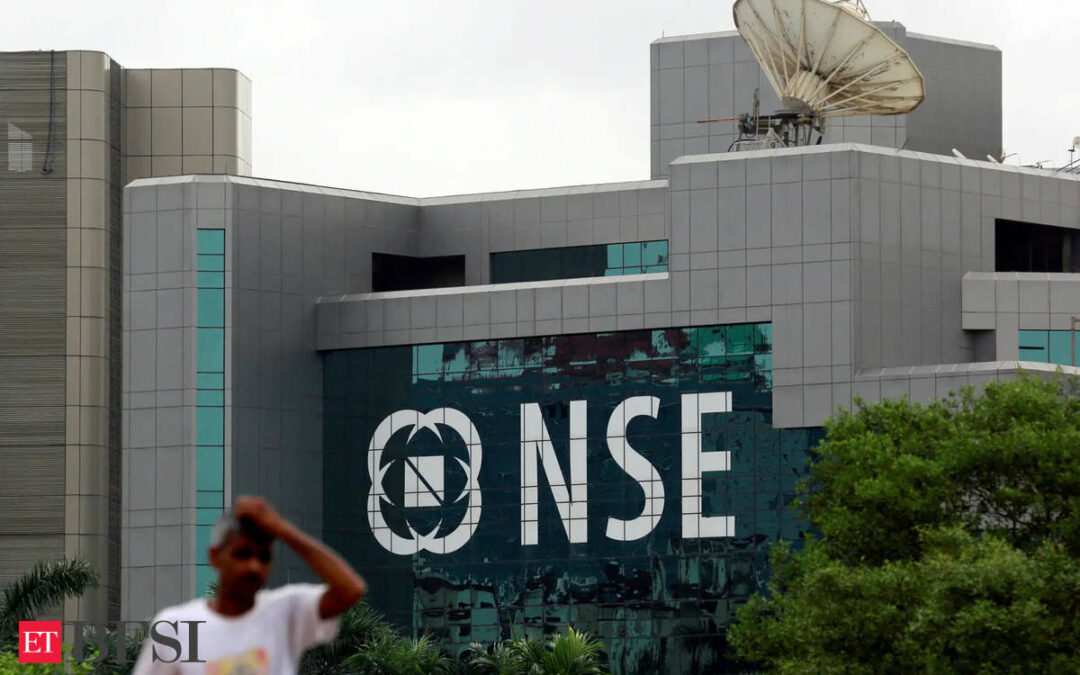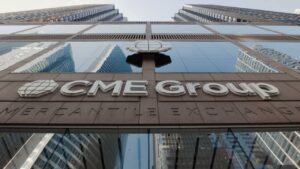The share of domestic Mutual Funds (MFs) in companies listed on NSE rose to yet another all-time high of 9.17% QoQ as on June 30, 2024, from 8.93%, powered by strong net inflows of Rs 1.09 lakh crore during the quarter, according to data compiled by primeinfobase.
The share of Domestic Institutional Investors (DIIs) also increased to 16.23% from 16.07% during the quarter. Meanwhile, with Foreign Institutional Investors (FIIs) pulling out Rs 7,693 crore from the market during the quarter, their share declined to a 12-year low of 17.38%, down by 34 bps.
This has resulted in the gap between FII and DII holding narrowing to its lowest ever level with DII holding now being just 6.60% lower than FII holding. The widest gap between FII and DII holding was in the quarter ending March 31, 2015, when DII holding was a staggering 49.82% lower than FII holding.
DIIs, along with retail and High Net Worth Individuals (HNIs) investors, have now been playing a strong counter balancing role with their share reaching an all-time high of 25.85% for the quarter ended June 2024.
Also read: Japan’s Nikkei 225 stock index sinks 10% in worst losses since 1987
Life Insurance Corporation (LIC), India’s largest institutional investor, on the other hand, saw its share (across 282 companies where its holding is more than 1%) decreasing to an all-time low of 3.64% as of June 2024.
This was despite a net buying by LIC of Rs 12,400 crore during the quarter, according to Pranav Haldea, Managing Director, PRIME Database Group.
Haldea stated that the Indian markets are rapidly moving towards atma nirbharta (self reliance) with the share of DIIs set to overtake that of FIIs in the next few quarters. For years, FIIs have been the largest non promoter shareholder category in the Indian market with their investment decisions having a huge bearing on the overall direction of the market.
Meanwhile, the share of the Government (as a promoter) increased to a 7-year high of 10.64% as of June 2024 on the back of strong performance of several PSUs while on the other hand, the share of private promoters declined to a 5-year low of 40.88% as on June 30, 2024.
(Disclaimer: Recommendations, suggestions, views and opinions given by the experts are their own. These do not represent the views of Economic Times)










